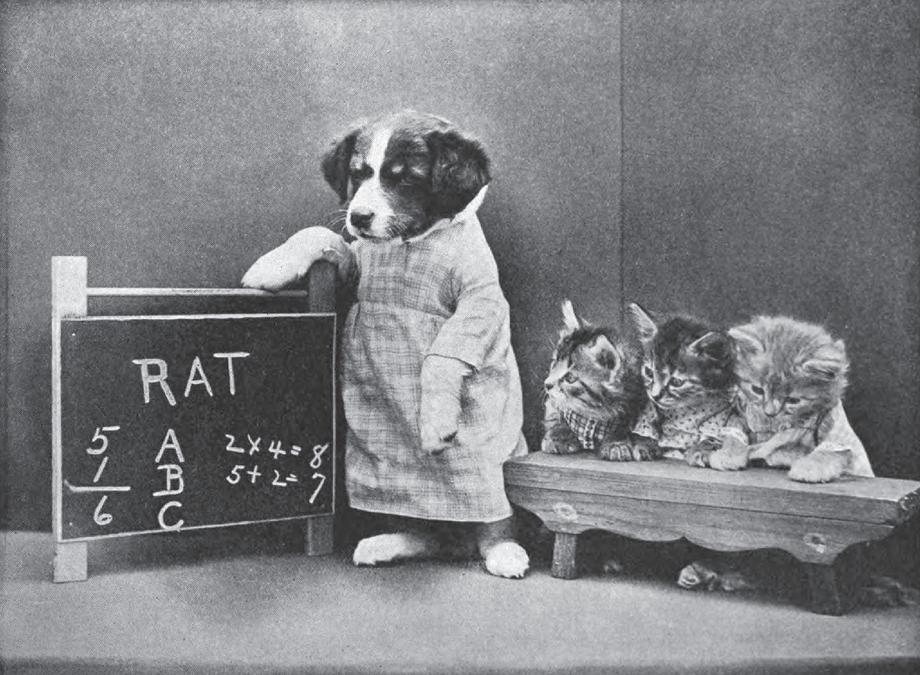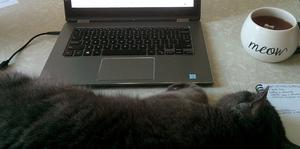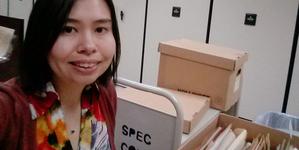
Above image: Miss Kindeyes' kindergarten class (Frees, 1915, p. 97)
Attending library school and being among librarians makes me rethink my attitude towards teaching. Originally, I wasn't interested in teaching, even though I've taught introductory English to refugees and other non-native speakers. However, it's important to be able to share the value of historical documents with others and even get them excited. So I'm writing a lesson plan for a class I observed earlier this semester, and I've been perusing the literature for examples. I also wanted to familiarize myself with the difference between course objectives and learning outcomes. Essentially, the former are what the instructor covers during the lesson while the latter are what students will be able to do with their knowledge and skills upon completion (University of Illinois Library, n.d.). At best, learning outcomes should be specific and measurable. They're hard to write for a lesson that only lasts one class period, but they're important given the emphasis on learning assessment and assessment in general.
I've also started researching accessioning as processing. This method, which reduces backlogs, was introduced by Yale's Christine Weideman who said:
“During the accessioning process, whenever possible, we arrange and describe the materials, including the creation of the finding aid, so that they are ready for research use and never enter our backlog. In short, we apply processing standards such as those recommended by Greene and Meissner during the accessioning process” (2006, p. 276).
In her article, she explained that the accuracy of finding aids could be compromised for researchers and reference archivists when minimal work is done below the series level. However, she explained that donors at her institution are apprised of the minimal description provided for their collections and are even invited to help describe materials. More than a decade has passed since Weideman's proposal, but I'm not finding that many accessioning manuals that incorporate this practice. I'm guessing that many institutions aren't putting them online or finding the time to update their workflows.
Frees, H. W. (1915). The little folks of animal land. Boston: Lothrop, Lee & Shepard Company.
University of Illinois Library. (n.d.) Tips on writing learning outcomes. https://www.library.illinois.edu/staff/infolit/learningoutcomes/
Weideman, C. (2006). Accessioning as processing. The American Archivist, 69(2), 274-283.

